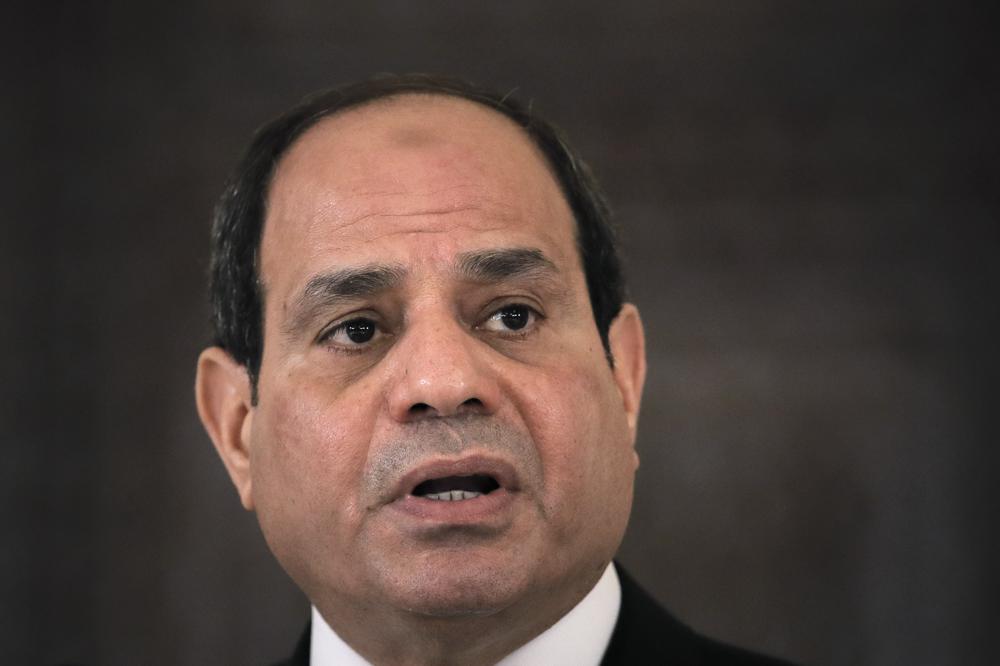In a recent official visit, Greek Prime Minister Kyriakos Mitsotakis travelled to the seaside city of Alamein to meet with Egypt’s President Abdel Fattah El Sisi, according to the presidency’s spokesperson. This marks Mr Mitsotakis’s first visit to Egypt since his re-election as Prime Minister in June. The two leaders engaged in thorough discussions on subjects of mutual interest, solidifying the long-standing alliance between the two nations.
In the meeting, President El Sisi expressed gratitude towards Greece for its continual support on a regional level and in Egypt’s negotiations with the EU. In response, Mr Mitsotakis thanked Mr El Sisi for Egypt’s assistance in battling recent wildfires in Greece, as confirmed by the presidency’s spokesperson.
Egyptian and Greek relations, although traditionally amiable, have significantly intensified since President El Sisi assumed power in 2014. The two countries have since secured several crucial military, security, and energy agreements, aligning their interests, especially in the oil and gas-rich Eastern Mediterranean region.
In a landmark agreement last year, Egypt committed to supplying power to the Greek grid, which could then be channelled into the broader European power network. The £4 billion deal was initiated as Europe was exploring alternatives to Russian energy, which was cut off due to the conflict in Ukraine.
Currently, an underwater cable network is being installed in the Mediterranean to interconnect the power grids of Greece and Egypt. Once operational, the project is expected to deliver 3,000 megawatts daily to the European grid, equating to electricity for around three million homes, depending on domestic electricity demand.
Moreover, in 2021, Egypt, Greece, and Cyprus signed a tripartite agreement to bolster military co-ordination to safeguard their interests in the Eastern Mediterranean. This deal, however, sparked criticism from Turkey, Greece’s historic adversary.
In recent territorial disputes over oil and gas rights in the Mediterranean, Cairo has consistently aligned with Athens against Turkey. Both Egypt and Greece have also expressed their disapproval of Ankara’s affiliation with Libya’s Tripoli-based government, led by Abdul Hamid Dbeibeh, which the rival Libyan Parliament in the east refuses to recognise as legitimate.
Relations between Cairo and Ankara became further strained following Ankara’s denouncement of the 2013 removal of former Egyptian president Mohamed Morsi, an event which paved the way for President El Sisi’s rise to power. Consequently, this dispute evolved into a broader regional disagreement over Islamism.
From a security perspective, President El Sisi’s governance has been partially defined by a relentless anti-terrorism campaign in North Sinai against ISIS and widespread suppression of radical Islamist groups such as the Muslim Brotherhood in Egypt’s principal cities. Athens has consistently and openly supported President El Sisi’s campaign, labelling it as vital for regional stability.
Image Credit: AP Photo/Vadim Ghirda, File



















